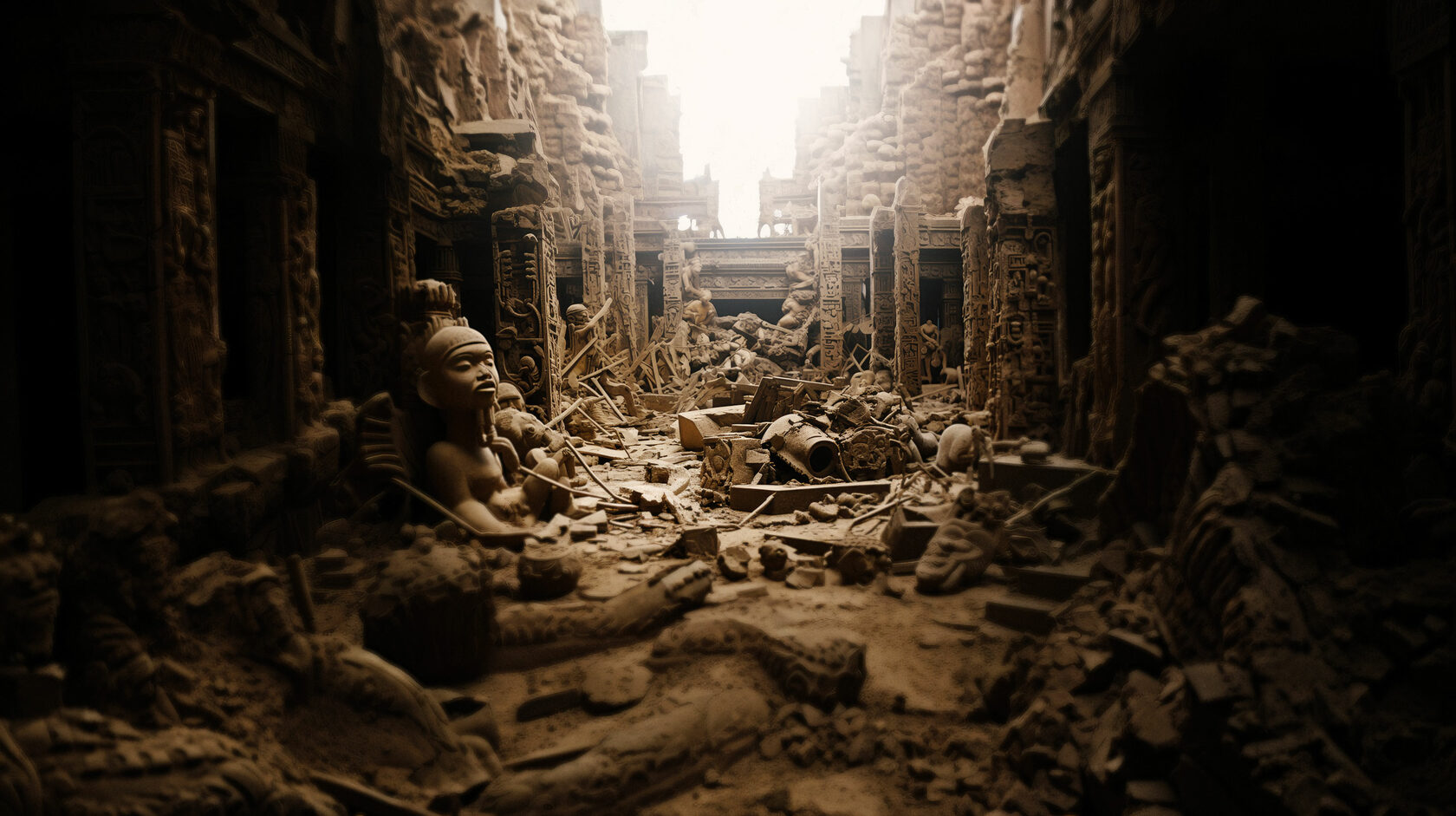Who owns Africa's cultural heritage? This question lies at the heart of a decades-long debate around restituting artefacts and treasures looted during the colonial era from the 15th to 20th centuries. As European powers occupied African territories, they engaged in widespread plunder of ceremonial objects, artworks, and other property.
This mass looting was no mere theft - it constituted a profound violation of cultural identity that damaged African societies on many levels. The removal of sacred masks, royal regalia, and other irreplaceable items severed communities from their ancestors, histories, and spiritual practices.
In the twilight years of colonialism, newly-independent African nations began voicing their grievances and demanding the return of their cultural heritage. The 1970 UNESCO Convention against illegal transfer of cultural property represented an early acknowledgement of this injustice. But progress has been slow, mired in bureaucratic complexities despite ongoing calls for repatriation.
A turning point emerged recently in 2017, when French President Emmanuel Macron made an ambitious promise.
This mass looting was no mere theft - it constituted a profound violation of cultural identity that damaged African societies on many levels. The removal of sacred masks, royal regalia, and other irreplaceable items severed communities from their ancestors, histories, and spiritual practices.
In the twilight years of colonialism, newly-independent African nations began voicing their grievances and demanding the return of their cultural heritage. The 1970 UNESCO Convention against illegal transfer of cultural property represented an early acknowledgement of this injustice. But progress has been slow, mired in bureaucratic complexities despite ongoing calls for repatriation.
A turning point emerged recently in 2017, when French President Emmanuel Macron made an ambitious promise.
African heritage must be exhibited in Africa," declared Macron in front of 800 students in the West African country of Burkina Faso. "I cannot accept that a large part of the cultural heritage of several African countries remains in France."
A year later, the groundbreaking report Macron commissioned, authored by French art historian Bénédicte Savoy and Senegalese economist and writer Felwine Sarr, brought the shocking scale of displacement to light, and made waves by proposing bilateral deals for returning significant pieces.
Yet since then, there has been more talk than action.
Yet since then, there has been more talk than action.
Statistically, I think we can say by adding up the inventories of African national museums, which hover around 3,000 or 5,000 when they are large collections, that 90 to 95% of African heritage is outside the continent in major museums," Alain Godonou, director of the museums program at the National Heritage and Tourism Development Agency of Benin, said at a 2007 UNESCO Forum on Memory and Universality.
The murder of George Floyd in 2020 led to soul-searching about historical injustices in museums, but still little progress on returns. An over-emphasis on publicity has also led to mismanaged efforts, such as France's haphazard return of skulls to Algeria, that have reopened historical wounds rather than healing them.
Simon Njami, editor of the Paris-based African art magazine Revue Noire, was right when he said in 2018:
Simon Njami, editor of the Paris-based African art magazine Revue Noire, was right when he said in 2018:
We can talk about it in seven years. Nothing will have moved.
